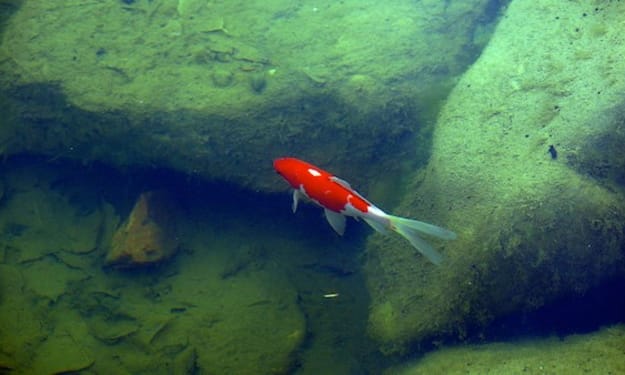
Suppose that the Earth's oceans and continents are evenly divided, 50/50. Half of our world is made up of water, while the other half is land. What impact would this have on the current state of the planet? How can this open up new vacation options for you? Furthermore, how is this related to the color of your feces? In this particular case consider the following scenarios that could arise if Earth had a split crust.
Water is an absolute requirement for supporting life on Earth. For this reason, we search for extraterrestrial life on worlds that may have liquid water. 71% of our planet's surface is made up of water, the majority of which is found in our five seas. They come together to form one ocean. Now, how fast would Earth become just another dead rock in space if you replaced over a quarter of our ocean water with land?
Sea levels are currently rising on Earth as a result of global warming. In order to achieve a balance between land and water on the planet, however, the sea levels would have to drop dramatically—by not just a few meters, but almost three kilometers. The appearance of Earth would be drastically altered. Every continent on Earth would enlarge, and not just little. The areas surrounding the North and South Poles would be totally dry out. The total surface area of all this newly formed land would be about the same as the existing combined areas of Asia, Europe, Africa, and North America. That would be a staggering amount of wasted room.
The places that were once deep water would now disclose wide passageways and sharp crevasses, but everything beyond the ancient coasts would still be comparatively flat. The one ocean that covered the entire world will vanish as you explored this new territory. There would be a divide between every ocean and every continent, forming a single, interconnected landmass. And for evolution, this would be encouraging news.
When early humans left Africa between 70,000 and 100,000 years ago, they traveled the world solely by foot. They had neither ships nor airplanes. We managed to reach both Asia and Europe. Perhaps as far ago as 20,000 years ago, humankind were able to cross a land bridge that connected Asia to the Americas. Now that the 50/50 division is in place, you may cover much more territory. You may finally travel the world on your own two feet, just like you've always wanted to.
However, it wouldn't be all fun and games with this shifting equilibrium of land and sea. Our ocean currents would be disturbed with so much less water on the surface, severely disrupting the climate. The heat that the oceans absorb is dispersed throughout the world by currents. If they were disrupted, the current hot equatorial regions would get even hotter and the areas near the North and South Poles would get significantly colder. Because the oceans would be unable to absorb as much carbon dioxide from the atmosphere, climate change would also accelerate.
The earth would be covered with that much carbon dioxide, which would also increase temperatures. Rainfall would also decrease, resulting in numerous inland locations experiencing hazardous droughts and the formation of new deserts. Therefore, even though there would be a surplus of fresh land available, a sizable portion of Earth might become uninhabitable. It would be necessary for humans, animals, and plants to adjust to become less reliant on water, or at the very least, begin utilizing it more wisely. A lack of water may cause animals to evolve smaller sizes and more of them to switch to a diet that is exclusively carnivorous. Regretfully, the profusion of life that exists in the waters now would find it difficult to endure.
Perhaps the most unexpected effect you would have to get used to is that your urination would probably change permanently. pee typically contains more than 90% water, but if you were to drink less water on a daily basis, your pee would turn much darker and begin to smell strongly of ammonia. It could be worse, after all—you could completely deplete the oceans of their water supply.
About the Creator
Enjoyed the story? Support the Creator.
Subscribe for free to receive all their stories in your feed. You could also pledge your support or give them a one-off tip, letting them know you appreciate their work.





Comments (1)
Lovely lovely lovely.